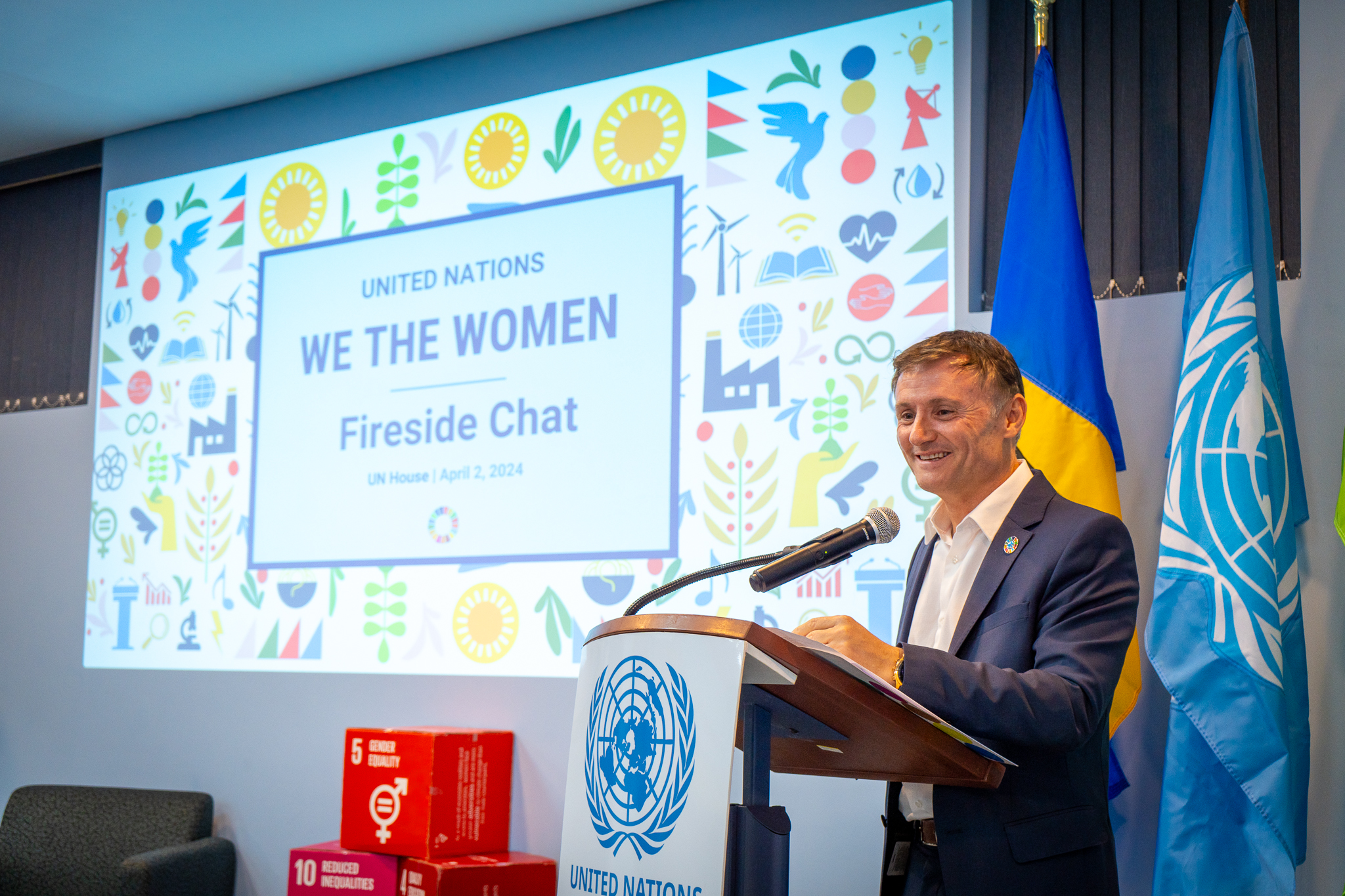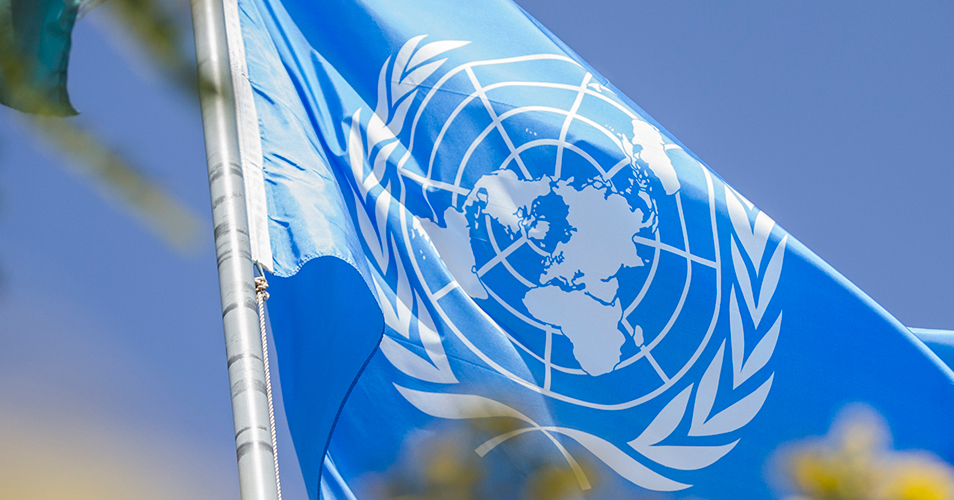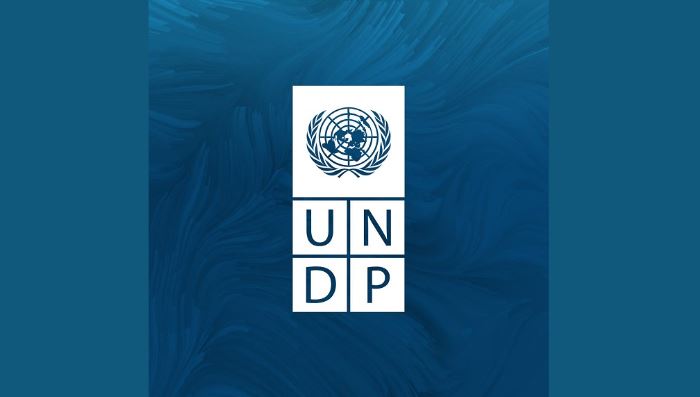Greater support for the informal sector and expanding social protection systems are just two of the recommendations outlined in the new UN Human and Economic Impact AssessmenT (HEAT) Report for Barbados.
The United Nations Development Programme (UNDP), UNICEF and UN Women have conducted an analysis of the COVID-19 socio-economic state of the country in order to support the Government’s relief and recovery efforts, which it describes as a “best practice COVID Response” in the Caribbean.
The report, part of the UN’s response to the COVID-19 pandemic, outlines a number of interventions including the provision of low-cost options for internet access to improve the ability of vulnerable groups to work on the net, SMEs to go digital and underserved children to have equal access to online learning. It promotes the inclusion of informal workers into the formal economy via the National Insurance Scheme (NIS).
While the report acknowledged the difficult short-term outlook for the tourism sector, it highlighted that Barbados’ informal sector contributes significantly (30% – 40%) to economic activity.
It noted that permanently including unemployment benefits for this group would reduce their vulnerability in times of uncertainty and could also rebuild the NIS through additional contributions. This would increase the dynamism of entrepreneurship which serves as an engine for economic growth.
The assessment concludes that the Government of Barbados has made significant strides in its crisis response and offers a range of fiscal, regulatory and social policy proposals aimed at accelerating post-COVID-19 recovery and mitigating the impacts on the country’s socio-economic fabric.
The Barbados report is the second in a series of 8 studies conducted within the region which form part of the combined offer from the UN System to support Barbados and the Eastern Caribbean countries in their response to the COVID-19 crisis.
These HEAT reports fall under the Economic Recovery and Livelihoods pillar, which is led by UNDP. Other key pillars include Health and Wellness, Food and Nutrition Security and Standards, Education, Social Protection, Gender Based Violence and, Violence Against Children, Human Rights and Logistics and Supply.
To download the full report, visit: bb.undp.org




